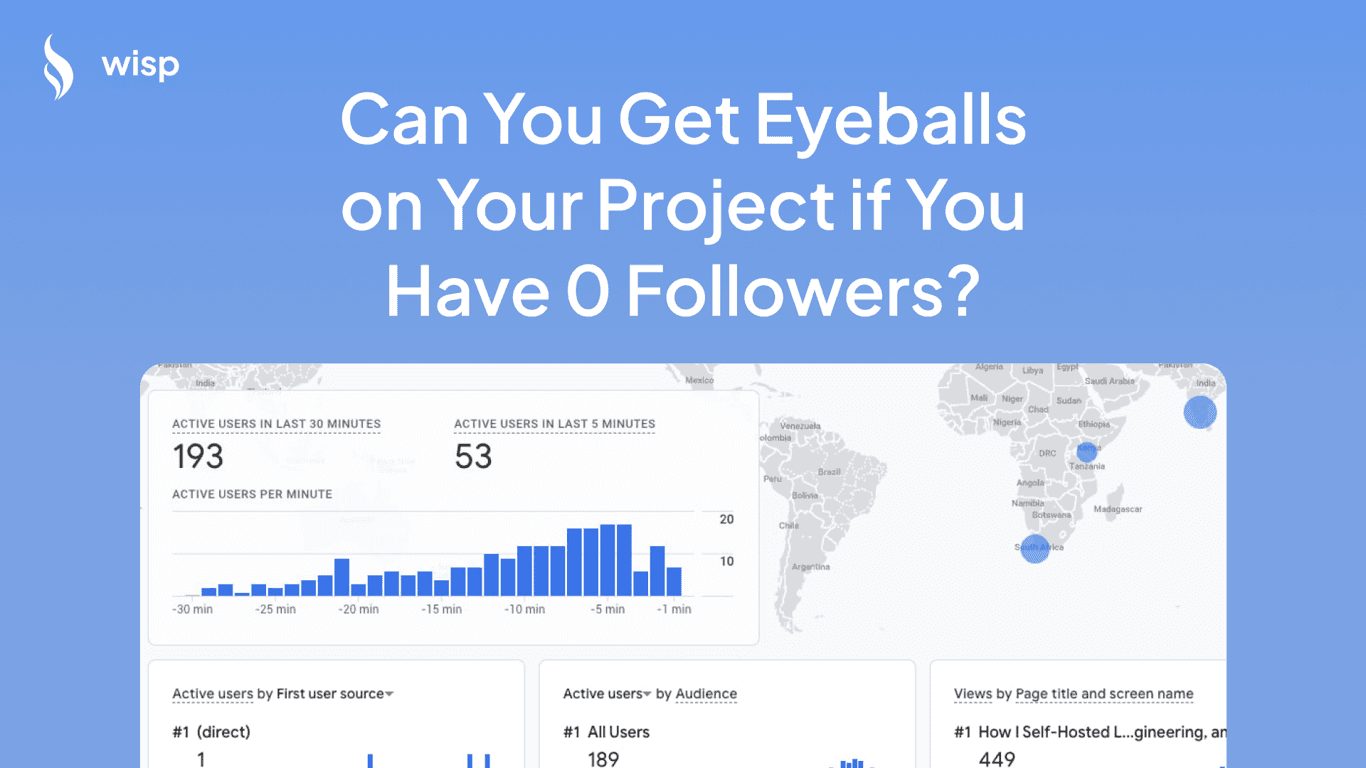
One of the biggest hurdles to content creation is the belief that "I have nothing interesting to say" or "That's not me." Many people feel they've never created content before, their friends don't see them as influencers, and they're unsure what to share. There's also the fear of embarrassment if no one responds to their posts.
"That's not me" - Overcoming the Creator's Mindset
We spend a significant amount of time on social media platforms like LinkedIn and Twitter, but most of us are passive consumers. We might occasionally like or comment on posts, but rarely do we create content ourselves. Today, let's discuss why you should consider becoming a content creator and address the common hesitations that hold people back.
Firstly, the concerns concerns:
1. The "No Response" Myth
If you create something and no one responds, it's likely because you haven't gained visibility yet. Social media algorithms require consistent posting before your content starts reaching a wider audience. Remember, when no one sees your content, there's no embarrassment either. Any reaction is good feedback, helping you improve and grow.
2. Embracing Change and Learning
If you're considering content creation, you're likely viewing it as a tool to help you achieve something. This requires stepping out of your comfort zone, trying new things, and being willing to learn. Every successful influencer started with their first post, often to little fanfare. Take NAS Daily, for example. Nuseir Yassin persisted for years creating 1-minute videos before gaining significant traction after 600 days, improving his content along the way.
3. The Growth Journey
Creating content isn't just about putting things out there; it's an opportunity for personal growth. As you analyze your own work and receive feedback, you'll naturally improve. You'll learn to create more value for your audience and shift from broadcasting your thoughts to addressing their needs and interests.
What to Write About
Many people hesitate because they don't know what to write about or fear appearing as a false expert.
The solution? Embrace the learning journey.
You don't need to be an expert to create valuable content. Here are some strategies:
Document Your Interests: Keep a notebook of interesting topics and conversations. Research these topics and share your findings.
Curate and Synthesize: Read articles, take courses, and compile the best insights for your audience.
Share What's Useful to You: If you find something interesting and valuable, chances are others will too.
Listen to Your Network: Pay attention to questions your friends and colleagues ask you. You might be an expert without realizing it.
Remember, you don't need to be the best in a field to create content about it. You just need to be a few steps ahead of someone else on the journey.
Conclusion
Creating content on social media can be a powerful tool for personal and professional growth. Don't let self-doubt hold you back. Start small, be consistent, and focus on providing value. Your unique perspective and experiences are worth sharing, and you might be surprised by the positive impact you can have on others.


